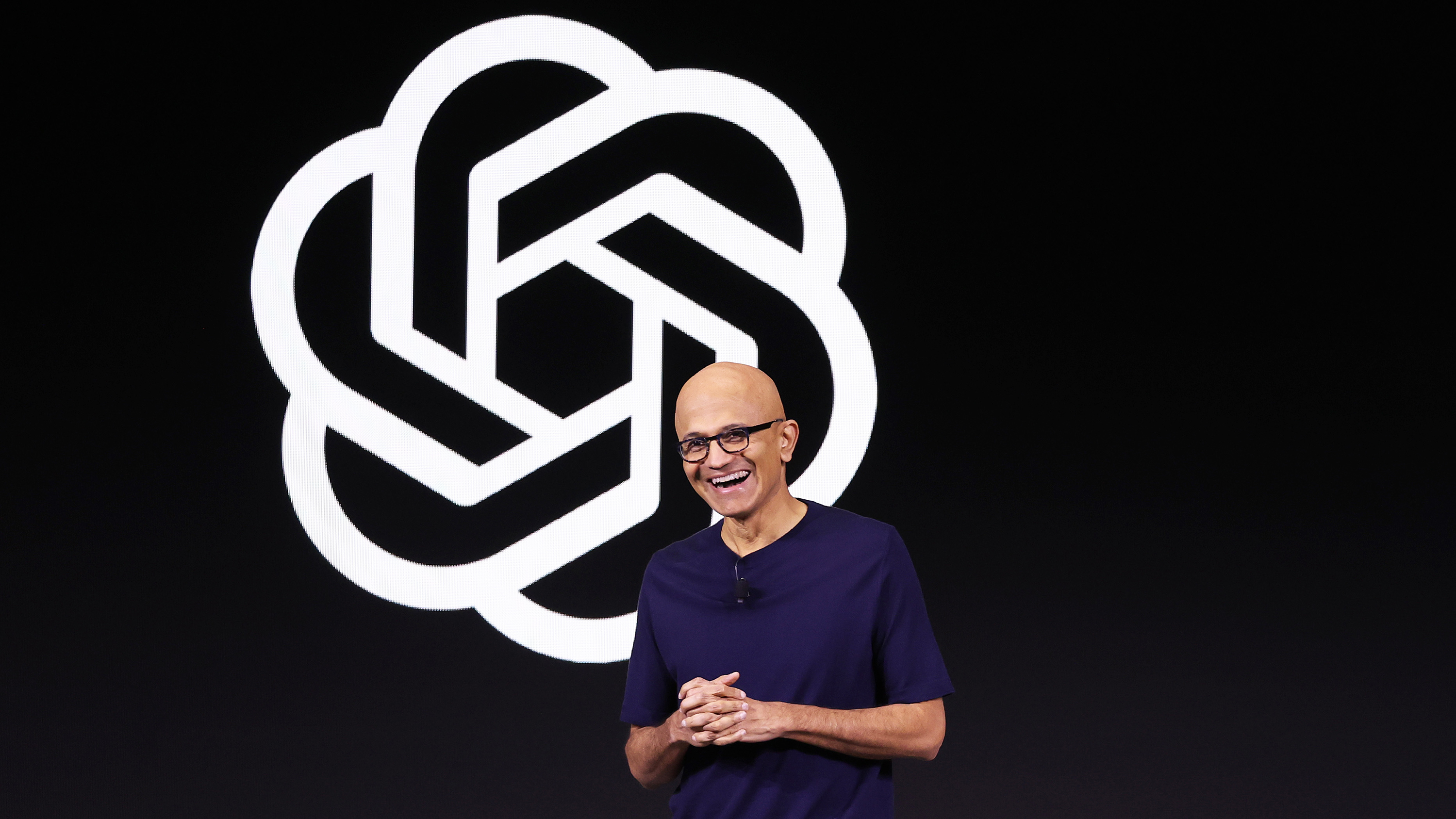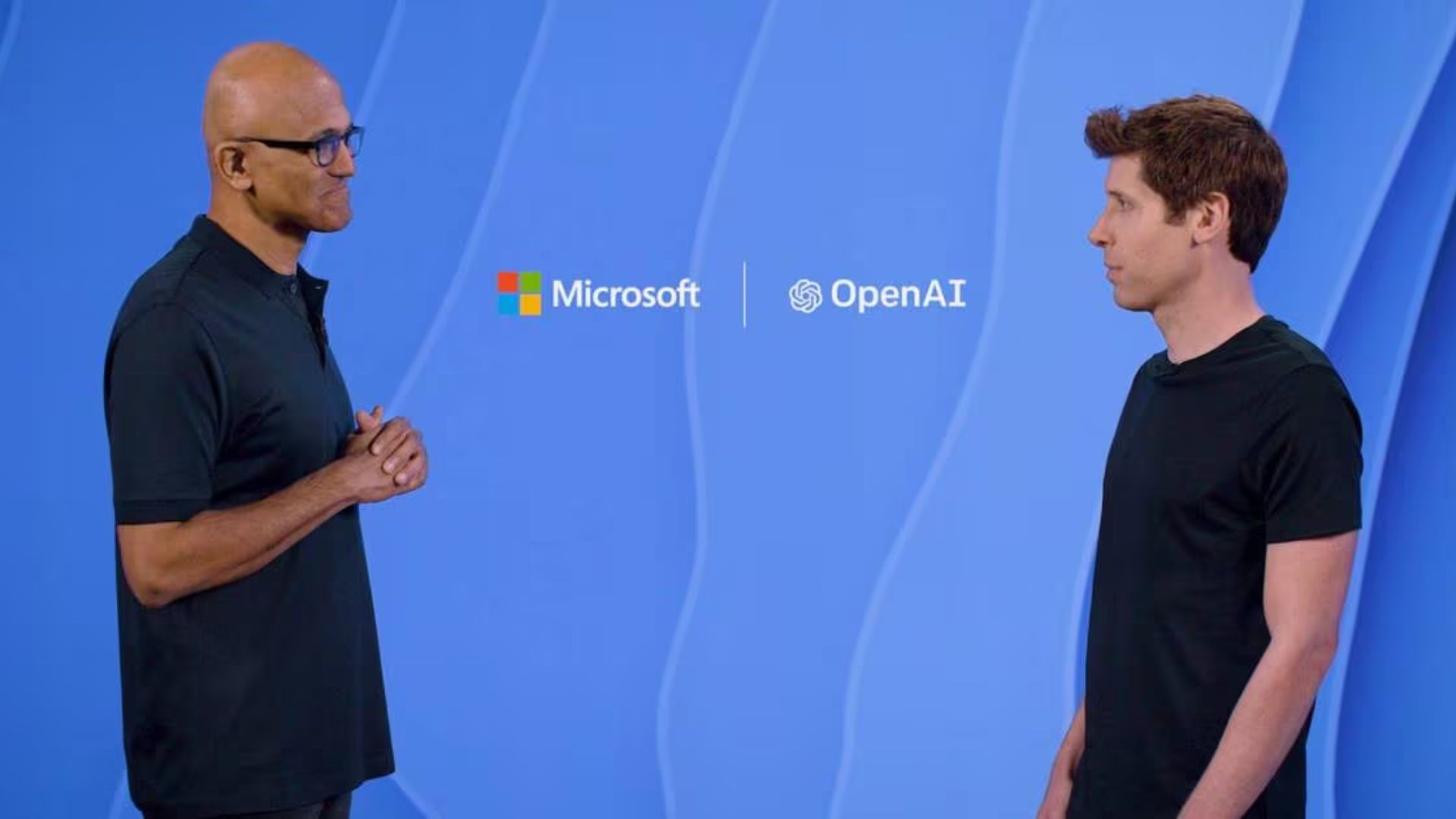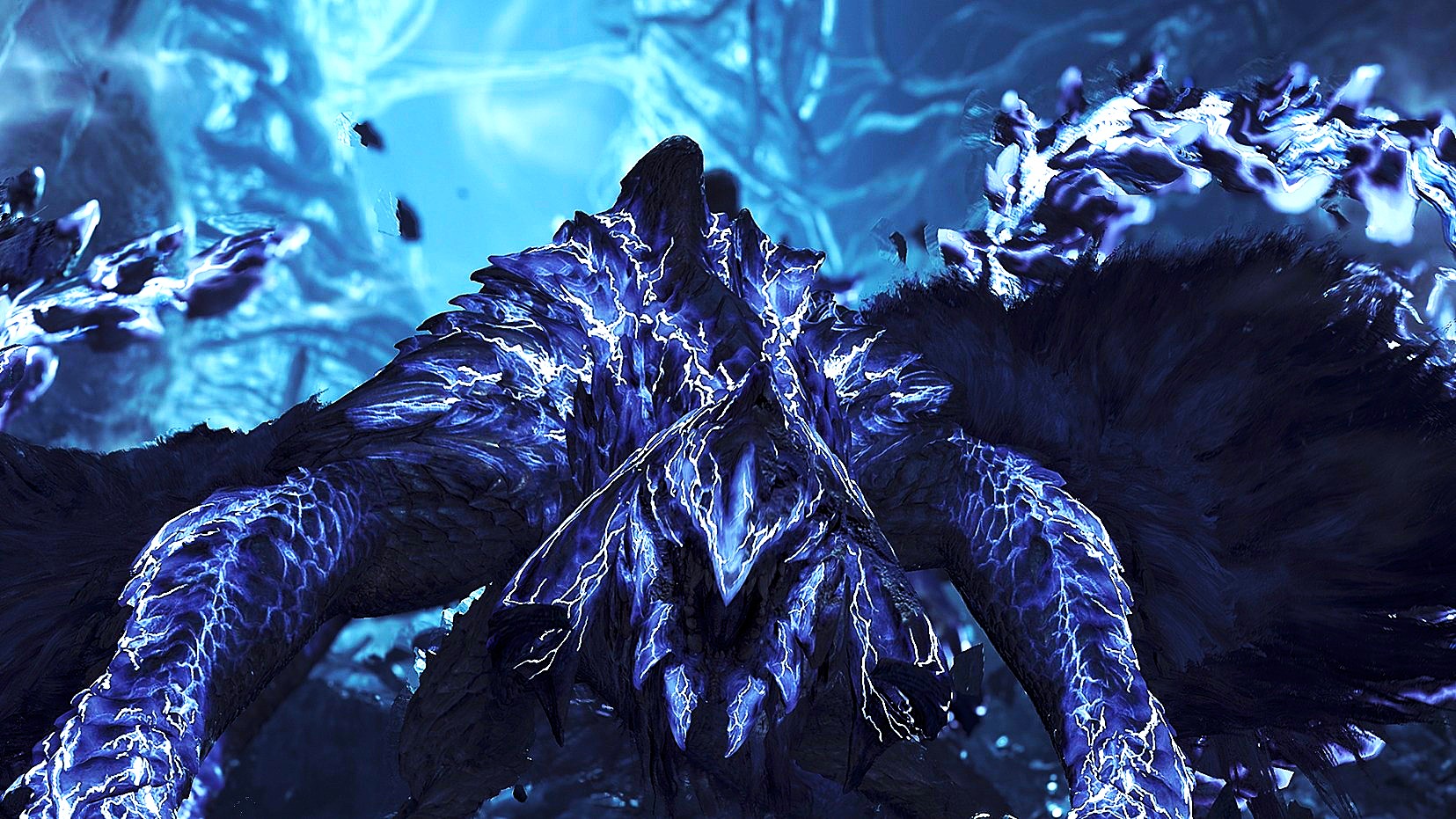Microsoft could ditch OpenAI's high-stake for-profit talks: “Holding out is Microsoft’s nuclear option, and they are just making OpenAI sweat"
After alleged anticompetitive behavior in its multi-billion dollar partnership with OpenAI, Microsoft is reportedly getting ready to walk away from high-stake for-profit negotiations.

All the latest news, reviews, and guides for Windows and Xbox diehards.
You are now subscribed
Your newsletter sign-up was successful
Microsoft's partnership with OpenAI seems to be fraying further apart by the day. Recent reports suggest that Microsoft is holding back the ChatGPT maker's transition into a for-profit entity, citing anticompetitive business practices and a demand for a lion's share in its Public Benefit Corporation (PBC) business.
But as it now seems, the software giant might be getting ready to walk away from negotiations with OpenAI entirely (via The Financial Times). This could be an indication that they have failed to reach a common ground and agreeable terms that could be favorable for both parties.
If Microsoft embraces this route, it will have to ride out its partnership with OpenAI till it lapses in 2030. As such, it will continue to gain early access to the ChatGPT maker's next-gen AI technology, and in return, furnish it with computing power and funding for its sophisticated advances.
However, people with close affiliations to Microsoft revealed that the tech giant is operating in "good faith," hoping that they'll soon be able to close a deal with OpenAI that favors the interests and investments of both parties.
Another person with close links to Microsoft indicated that the software giant is “happy with the current contract,” and that it is ready to ride out the tides till 2030. “The market cares about how much revenue Microsoft is making . . . not about how much equity it owns in OpenAI, [and] this deal moves revenue away from Microsoft,” the person added.
If OpenAI gets its way, Microsoft could lose its right to sell OpenAI's technology and the revenue it makes from the company. Microsoft CEO Satya Nadella indicated that "Every day that ChatGPT succeeds is a fantastic day for Microsoft.” He further revealed that the software giant makes money for every ChatGPT use.
Microsoft and OpenAI have tussled over computing power, with the latter complaining that computing power accorded to them doesn't meet its demands. OpenAI CEO Sam Altman indicated that Microsoft's insufficient computing power could cost it the AGI race to other rivals.
All the latest news, reviews, and guides for Windows and Xbox diehards.
Elsewhere, Microsoft reportedly wiggled out of two mega data center deals because it didn't want to support additional ChatGPT training, though Sam Altman claimed that OpenAI is no longer compute-constrained.
However, OpenAI unveiled its $500 Stargate project designed to facilitate its computing needs across the United States. Following the announcement, tech leaders, including Salesforce CEO Marc Benioff, predicted that Microsoft won't use OpenAI's technology in the future.
And if the past few months are anything to go by, Benioff might be onto something. Microsoft's AI CEO, Mustafa Suleyman, revealed that the company was developing frontier AI models, though he admitted that they'll be 3 to 6 months behind OpenAI. The company has also started testing third-party AI models in Copilot after a report cited complaints about GPT-4 being too expensive and slow to meet consumer needs.
It's not just the IP rights....it's everything
There seems to be more trouble brewing between Microsoft and OpenAI's multi-billion-dollar partnership. Earlier this week, a report emerged suggesting that the rift between the two companies is getting reports following Microsoft's reluctance to sign off on OpenAI's evolution into a for-profit entity.
Obviously, Microsoft is looking out for its best interest, especially with its $13 billion investment, which makes it OpenAI's largest investor. However, this might be subject to change after SoftBank started cozying up with the ChatGPT maker, leading its latest round of funding, which pushed OpenAI's market valuation to $300 billion.
The report further suggests that Microsoft is holding back OpenAI's transition because it wants a bigger bite of OpenAI's Public Benefit Corporation (PBC) than the AI firm is willing to provide.
Perhaps more interestingly, the ChatGPT maker seemingly wants to rework some of the terms in its partnership with Microsoft, especially pertaining to the software giant's full access to its intellectual property. The agreement allows Microsoft to sell access to OpenAI's models and receive up to a 20% share of the company's revenue earnings.
This has become a growing concern for the AI firm ever since it started showing interest in acquiring Windsurf, an agentic AI-powered coding tool for $3 billion, as it could lead to anticompetitive issues with Microsoft's GitHub Copilot in the future.
According to a person with close affiliations to OpenAI, Microsoft is reportedly stalling OpenAI's evolution into a for-profit entity to maintain a steady lead ahead of its rivals like Google and Meta in the AI race. “Holding out is Microsoft’s nuclear option . . . and they are just making OpenAI sweat,” the person added.
OpenAI is on a tight leash and is expected to make the transition to a for-profit entity by the end of this year, but if it doesn't reach a common ground with Microsoft, it could end up losing billions raised by investors and even become susceptible to hostile takeovers.

Kevin Okemwa is a seasoned tech journalist based in Nairobi, Kenya with lots of experience covering the latest trends and developments in the industry at Windows Central. With a passion for innovation and a keen eye for detail, he has written for leading publications such as OnMSFT, MakeUseOf, and Windows Report, providing insightful analysis and breaking news on everything revolving around the Microsoft ecosystem. While AFK and not busy following the ever-emerging trends in tech, you can find him exploring the world or listening to music.
You must confirm your public display name before commenting
Please logout and then login again, you will then be prompted to enter your display name.

